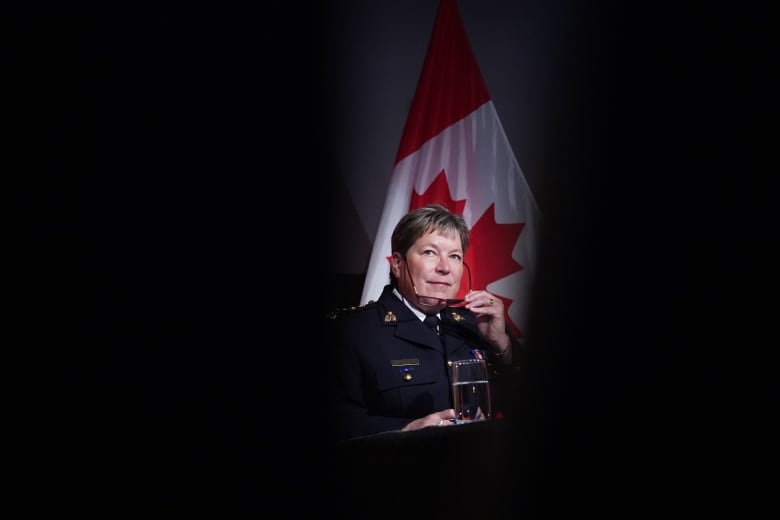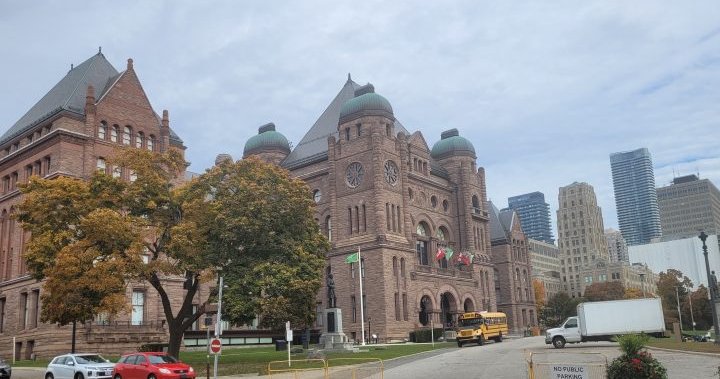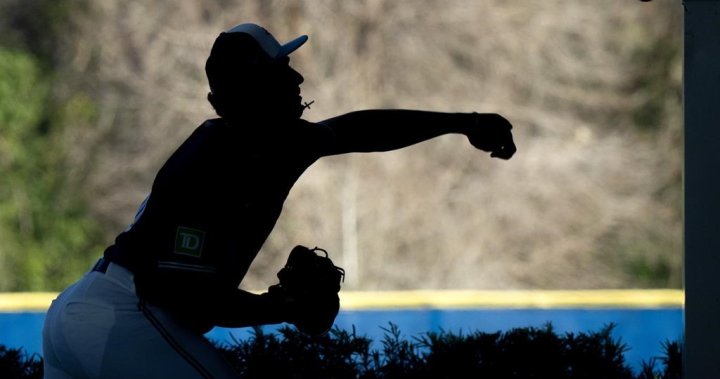After years of criticism, the RCMP now says it has cleared its backlog of public complaints and is in the midst of implementing recommendations coming from its watchdog agency — but some of the complainants are no longer alive to see the results.
The Civilian Review and Complaints Commission for the RCMP (CRCC) is called upon hundreds of times a year to investigate public complaints about RCMP activity, ranging from claims of bad behaviour to allegations of botched investigations.
When a member of the public has an issue with the way they were treated by Mounties, the local detachment investigates the complaint first. If the individual isn’t satisfied with the RCMP’s findings, they can turn the case over to the CRCC.
Whenever the watchdog isn’t satisfied with the RCMP’s original actions, it sends a report to the RCMP commissioner for review.
Only after RCMP Commissioner Brenda Lucki and her team respond to the watchdog’s findings and recommendations can the CRCC’s final report be compiled and released.
Over the past few years, hundreds of those reports have been left in limbo awaiting the commissioner’s response — sometimes for years.
So far this fiscal year, the watchdog agency has finished more than 160 “adverse” reports — ones that came to conclusions that were unfavourable to the RCMP.
One of those reports concluded that the RCMP failed to adequately investigate a teen’s sexual assault, while others confirmed people were arrested without reasonable grounds.
While the fiscal year isn’t over yet, the number of adverse reports completed this year far outpaces the 78 adverse findings in 2020-2021 and the 24 the year before.
As of Dec. 8, the watchdog had finished another 110 reports siding with the RCMP.
In a tweet earlier this month, Commissioner Lucki said the force has cleared its backlog of public complaints
“Civilian review is essential for ensuring public trust and confidence,” she said.

On its website, the RCMP says most of the CRCC’s recommendations have been fulfilled. But the delays affected how the force put some of those recommendations into action.
In a case involving “improper use of force, mishandling of property and improper arrest,” for example, the officer wasn’t able to apologize as advised because the complainant had died. The complaint was lodged in 2018 and the report was finished earlier this year.
In another case regarding “improper use of force,” filed in 2016 and completed in 2020, the RCMP wrote that it wasn’t able to implement some of the watchdog’s findings because the Mountie involved had retired.
Critics say far more is needed to improve police accountability and they’re hoping Ottawa finally tackles issues facing the CRCC in the new year.
“The commission remains both under-resourced and underpowered,” said Kent Roach, a law professor at the University of Toronto who is writing a book on policing in Canada.
The commission may be overwhelmed
The Liberal government has introduced legislation three times to shake the agency up. The first was meant to broaden its mandate to permit it to investigate complaints about border officers.
If an individual landing in Canada or crossing the border has concerns about how they were treated by a Canada Border Services Agency (CBSA) officer, their only route is to lodge a complaint internally. There is no mechanism for them to request an independent review.
One version of that legislation died before passing the Senate ahead of the 2019 election. A second version died when Parliament prorogued in 2020.
Then, following the global outcry in response to George Floyd’s death in police custody in 2020, Ottawa announced it would expand the CRCC’s powers.
A version of that legislation was introduced just weeks before the election was called in August, prior to the text of the bill being made public. It died with the election call.
In his new mandate letter, Public Safety Minister Marco Mendicino is being asked to set timelines for RCMP responses to CRCC recommendations and introduce legislation to create a review body for the CBSA.
“While continuing to support the important work of law enforcement, you will likewise prioritize policing reform to address systemic racism and ensure the Royal Canadian Mounted Police meets the needs of the communities it serves, and to ensure the RCMP continues its work to transform its culture and create a culture of accountability, equity, diversity and inclusion,” reads the letter.
“Furthermore, you will ensure continued compliance with accountability and review bodies.”
I’m concerned about the danger of the commission getting swamped– Kent Roach
Roach said he fears that adding CBSA complaints to the CRCC’s plate might overburden commission investigators and distract from their systemic reviews — which in the past have covered strip searches, street checks and workplace harassment within the RCMP.
“How effective is it going to be supervising 20,000 Mounties when it gets the CBSA that has almost 15,000 employees?” he asked.
“I’m concerned about the danger of the commission getting swamped.”
Dalhousie University professor Paul McKenna, who has written academic papers on police oversight, said the “Holy Grail” is civilians investigating police.
“The mentality should be that police do not investigate themselves at all,” he said.
“The utopia would be that all of these incidents, all these oversight issues, default immediately away from the police into the hands of people who are deemed competent but are civilians, to do this kind of investigation.”
He said he hopes a new mandate for a new minister gives the government a chance to fix its previous bloated bills.
“Let’s go back. Not just go back to the drawing board, let’s redesign the drawing board and start from scratch,” he said.
“Because I think there’s been accretions on earlier efforts and you know, trying to cast the net even wider does not seem sensible.”
A push for Indigenous representation
Roach said another route would be to let the provinces holding contracts with the RCMP take over public complaints.
“It’s terribly confusing for people in contract policing provinces to say, ‘Okay, well, if I have a beef with a municipal police officer, I go to this office. And if I have a beef with the RCMP, I go to another office,'” he said.
Roach said if a new bill is introduced, he’d like to see initial investigations of complaints taken away from RCMP officers. He also wants to see Indigenous representation on the commission.
Despite the longstanding issues, McKenna said he remains optimistic.
“The nature of my optimism has diminished over the last, I’ll say 25 years,” he said.
“But I still continue to think there could be that big breakthrough that will lever some significant change in policing, particularly the RCMP.”








More Stories
First ten armoured vehicles promised to Ukraine to be delivered by summer, Blair says | CBC News
CSIS had officer investigated after she reported a superior raped her | CBC News
Court ruling affirms law curbing parliamentary immunity of spy watchdog members | CBC News